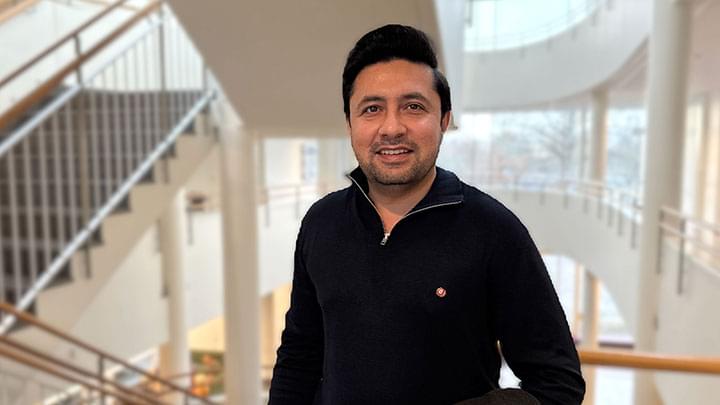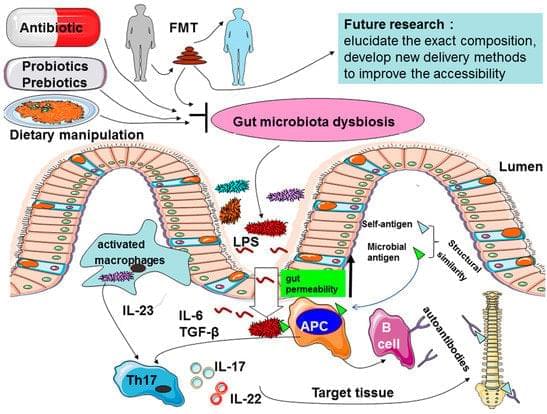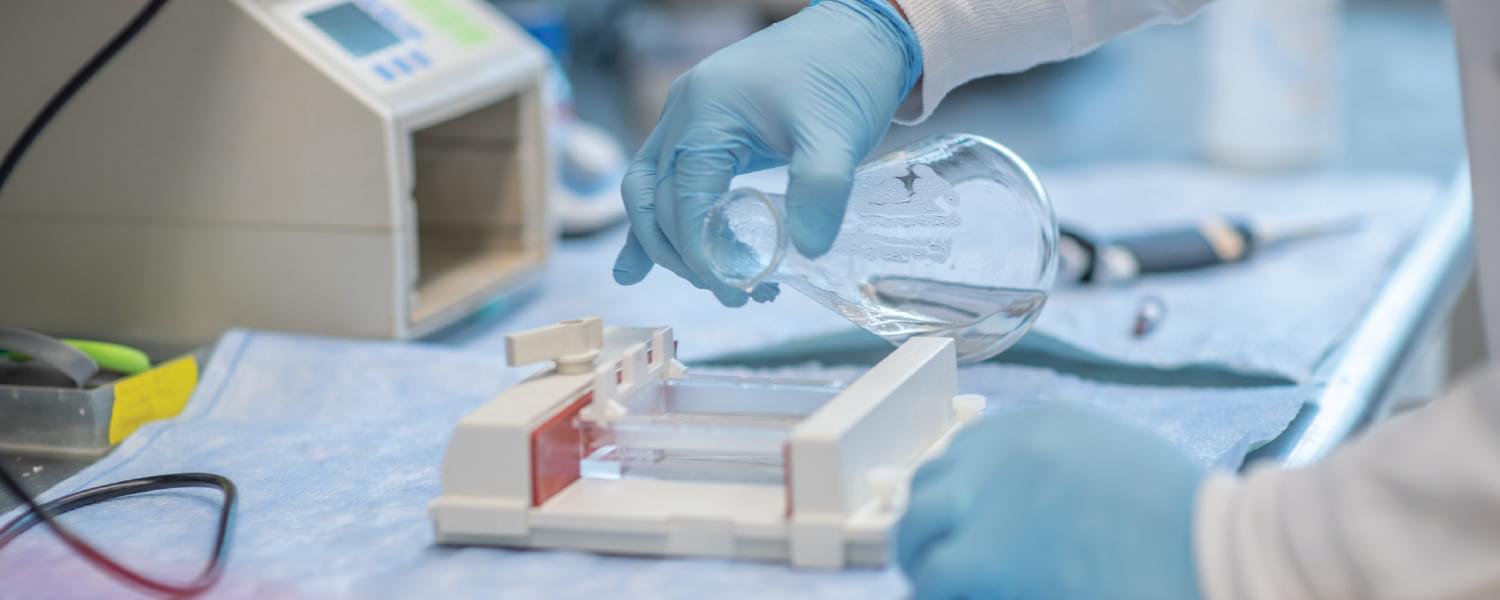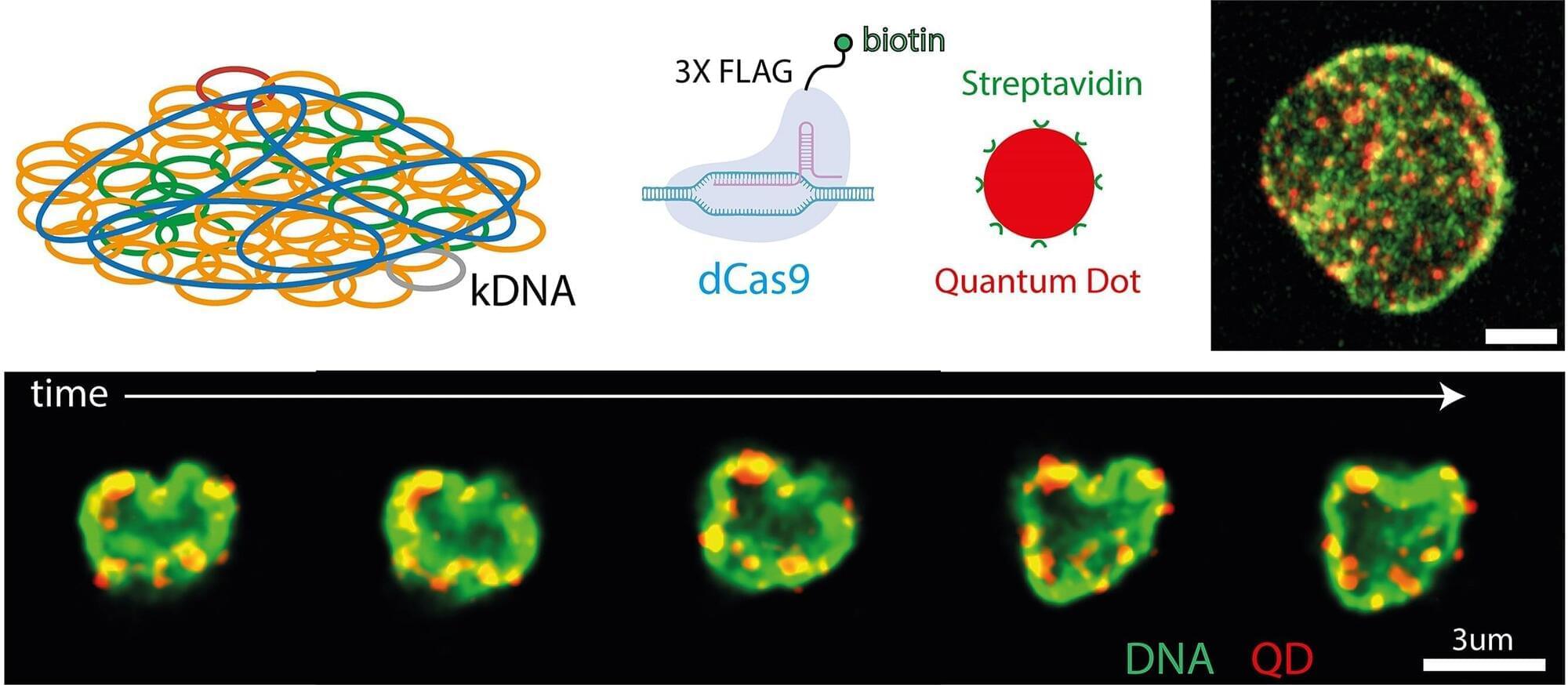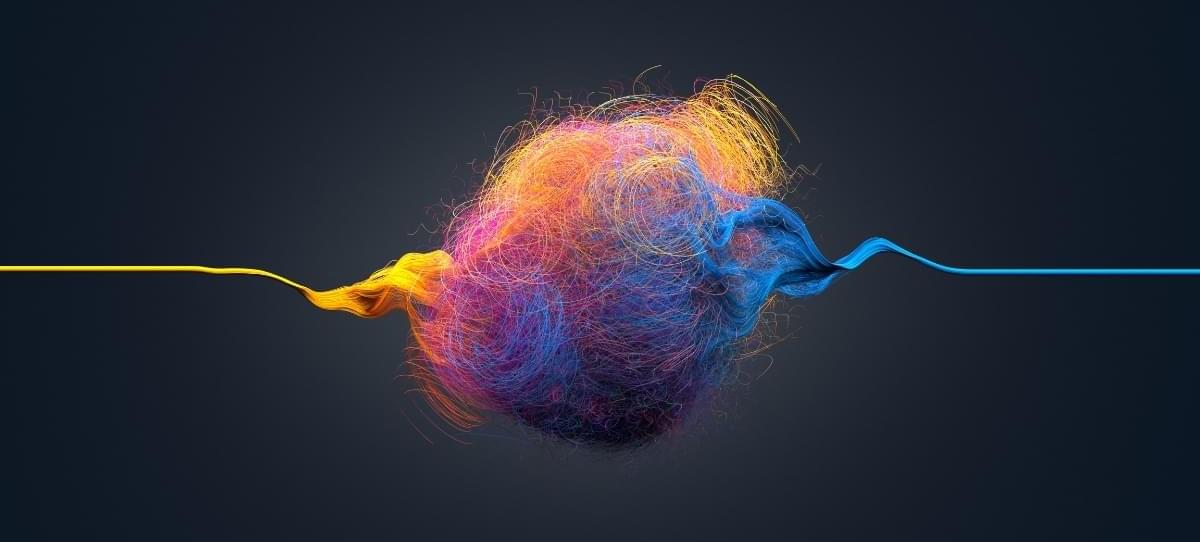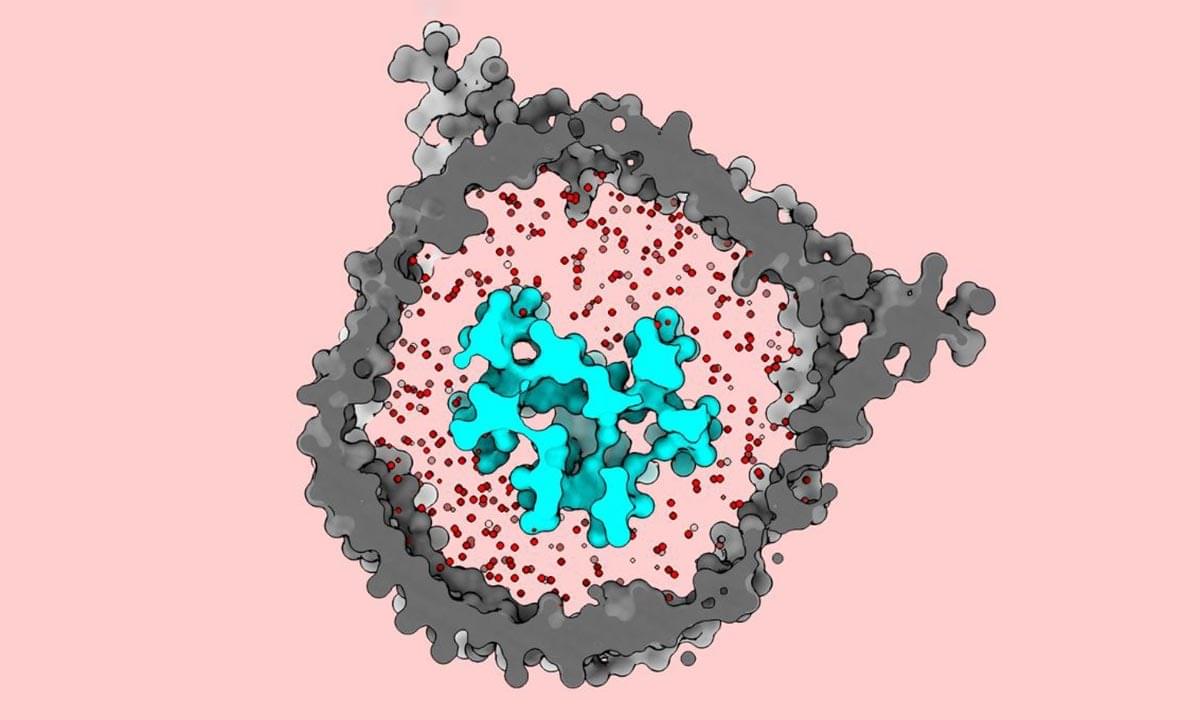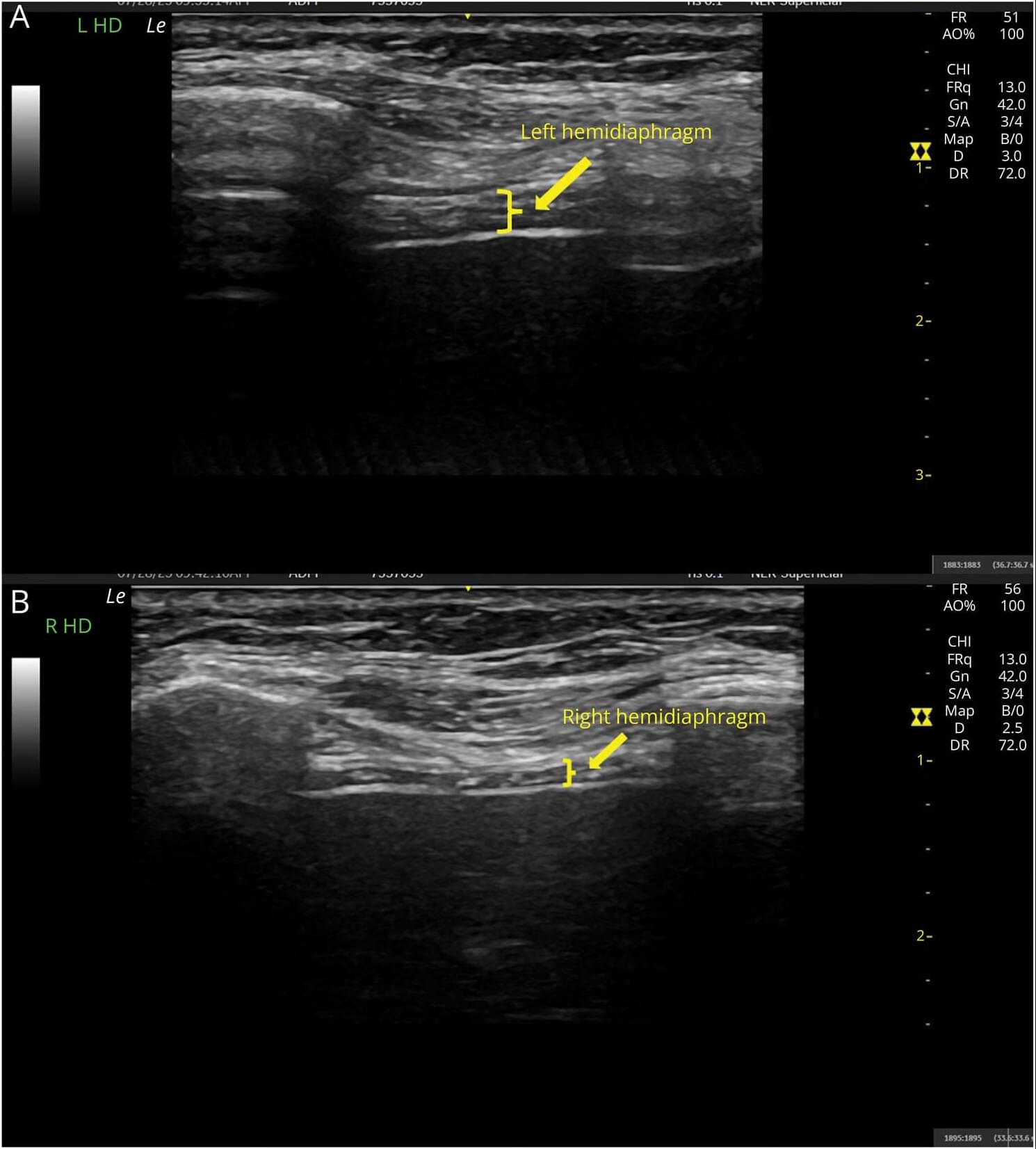What keeps our cells the right size? Scientists have long puzzled over this fundamental question, since cells that are too large or too small are linked to many diseases. Until now, the genetic basis behind cell size has largely been a mystery. New research has, for the first time, identified a gene in the non-coding genome that can directly control cell size.
In a study published in Nature Communications, a team at The Hospital for Sick Children (SickKids) found that a gene called CISTR-ACT acts as a controller of cell growth. Unlike genes that encode for proteins, CISTR-ACT is a long non-coding RNA (or lncRNA) and is part of the non-coding genome, the largely unexplored part that makes up 98% of our DNA. This research helps show that the non-coding genome, often dismissed as “junk DNA,” plays an important role in how cells function.
“Our study shows that long non-coding RNAs and the non-coding regions of the genome can drive important biological processes, including cell size regulation. By carefully examining a wide range of cell types and phenotypes, we identified the first causal long non-coding RNA that directly influences cell size,” says Dr. Philipp Maass, Senior Scientist in the Genetics & Genome Biology program at SickKids, and Canada Research Chair in Non-Coding Disease Mechanisms.
